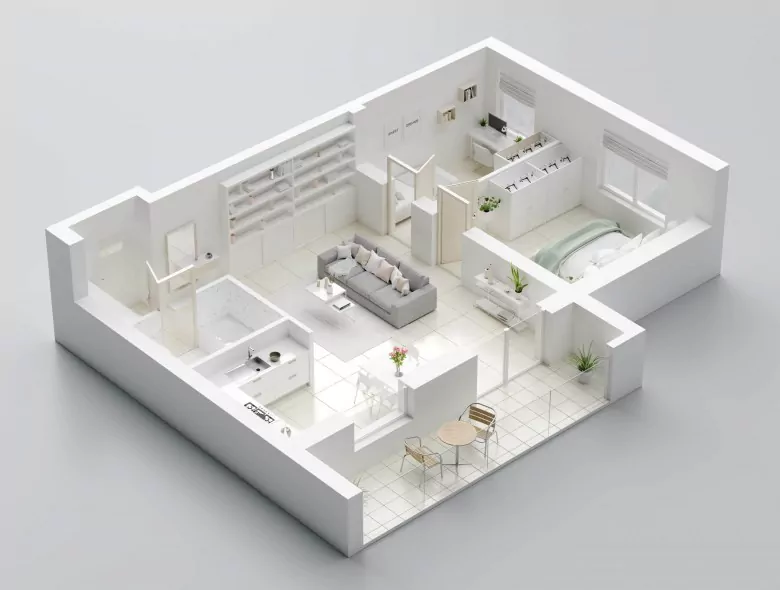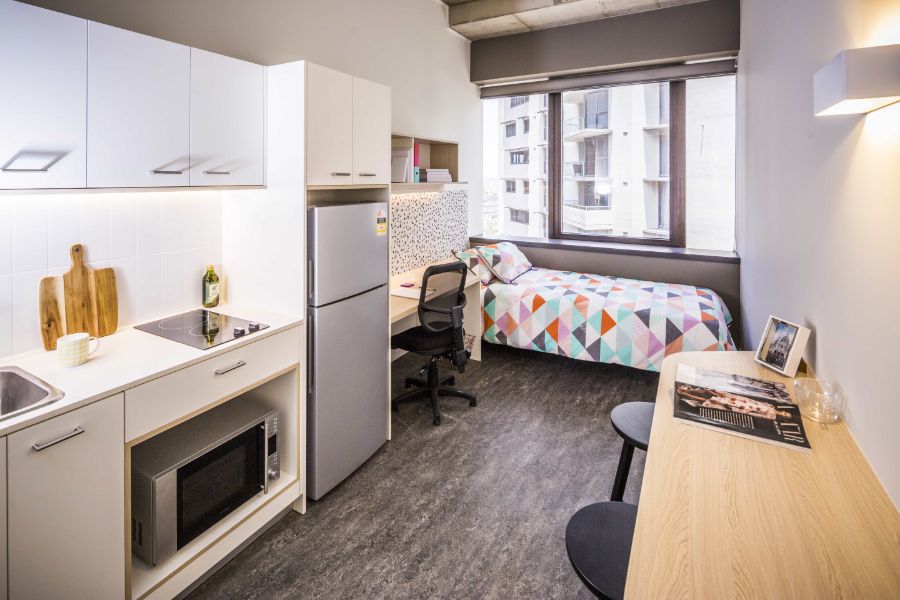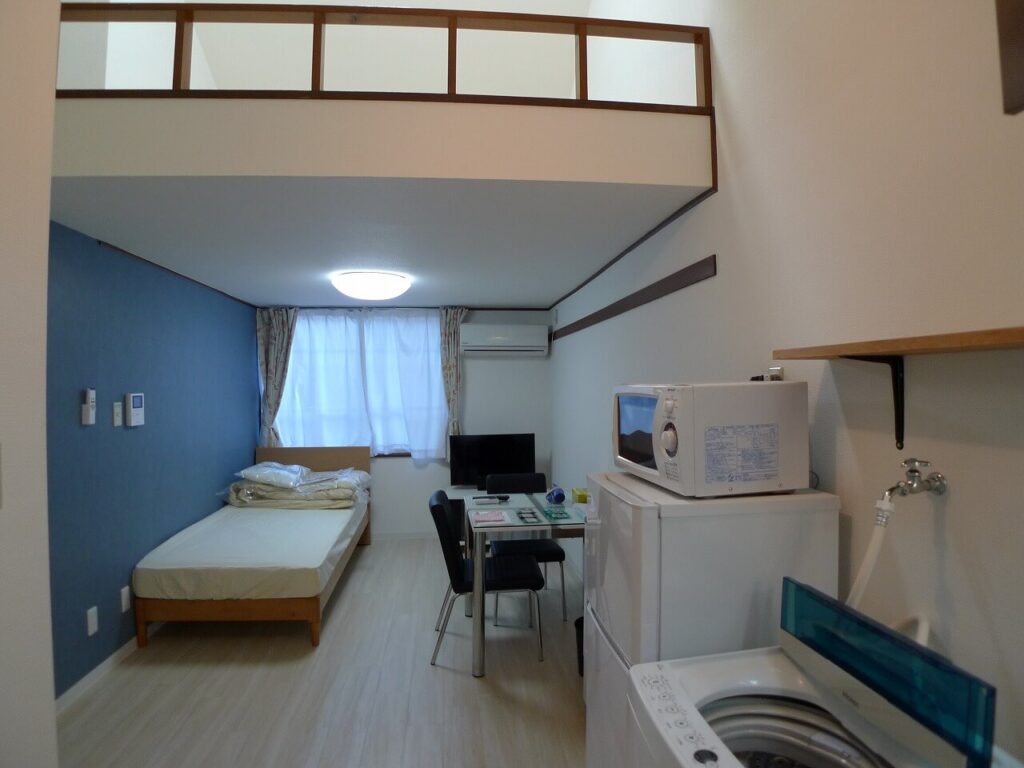Foreign Student Accommodation

About 79% of foreign students live in private apartments or houses. it is a suggestion that you begin researching for accommodation as early as when you receive news of your acceptance into the language school and university. a “foreign student accommodation” or “apartment” in japan typically refers to a rental apartment specifically designed for foreign students. tend to cluster near their university or language schools and usually with modest facilities, where they can live while studying in the country, acquiring such accommodation tends to mean approaching the international student office of the university or language schools, through a real estate agency, or internet websites, and may often require a guarantor due to local custom, expect to pay “key money” (a one-time deposit) in addition to the rent every month when they sign a tenancy agreement.
see more: https://motto-jp.com/media/lifestyle/accommodations-for-international-students/
How Much is Student Accommodation in Japan

Foreign student residence in Japan will typically cost between 30,000 yen and 80,000 yen for a month, with price being highly dependent on locality, square meters of apartment, and proximity to public transport, with big cities like Tokyo being far more costly, at an average of about 57,000 yen for a month for a single room; student dormitories might be lower between 13,000 yen to 33,000 yen for a month.
Certain colleges and language colleges have international-specific halls or room guarantees for overseas students, though not always, so inquire of them if you would like to do this. Investigate travel to ensure that you can travel to your college and classes promptly.
Student Dormitories:
Usually the most affordable option, ranging from 13,000 to 33,000 yen per month.
Private Apartments:
Prices vary greatly based on location, with smaller apartments in less central areas starting around 30,000 yen and larger apartments in major cities reaching 80,000 yen or more.
Factors affecting cost:
Proximity to train stations, building age, apartment size, furnished or unfurnished.
Key money and security deposit:
When renting a private apartment, expect to pay an initial “key money” (usually one month’s rent) and a security deposit.
Key points about different apartment

On-campus dormitories:
Usually the most readily available option, with often shared rooms and baths, short walking distance to classes, and an immediate social life.
Off-campus shared apartments:
Renting a room in a larger apartment shared with other students, offering more privacy but requiring coordination for shared living spaces and utilities.
Furnished student flats:
Apartments specifically designed for students with basic furniture provided, typically offering flexible term rentals.
Homestay:
Lodging with a host family, providing cultural experience and potential language support.
Co-operative housing:
Shared housing where maintenance and decision-making responsibilities are shared between residents.
Dedicated international student housing:
Some universities provide separate buildings or floors specifically designed for international students.
Factors to consider when choosing an apartment

Proximity to campus
How far is the apartment from your courses and university facilities.
Cost
Rent and any extra fees such as utilities and internet.
Amenities
Availability of laundry facilities, kitchen appliances, study spaces, and common areas.
Social environment
Whether you prefer a communal space with other students or greater privacy.
Types of Apartment For Foreign Student

Apaato(アパ-ト) or Apartment for rented unit buildings, which are usually only a few stories in height, without a central secure entrance. For foreign students, apartment options typically include: on-campus dormitories, shared off-campus apartments, furnished student apartments, homestays with local families, co-operative housing, and dedicated international student housing offered by some universities, with each type varying in amenities, proximity to campus, and level of shared living space depending on individual needs and preference.
Where is the cheapest place live in japan
Kyoto and kawasai are some of the lowest rental areas in japan. tsushima city and fukuoka, though, are low cost of living in terms of utilities, groceries, ect. tokyo is most expensive to live in japan. particularly in housing, while smaller cities in rural areas, like those in rural Hokkaido or prefectures such as Okayama, are generally the lowest cost places to live in Japan.
Where is the best place to live in japan
The greatest city to reside in Japan depends on your taste, but Tokyo is generally the highest rated due to its diverse opportunities, rich history, and better infrastructure, although some might find it too congested or expensive; other great choices are Osaka for its high-energy lifestyle and food scene, Kyoto for a more traditional style of living, and Sapporo for its unique climate and winter festivals.
